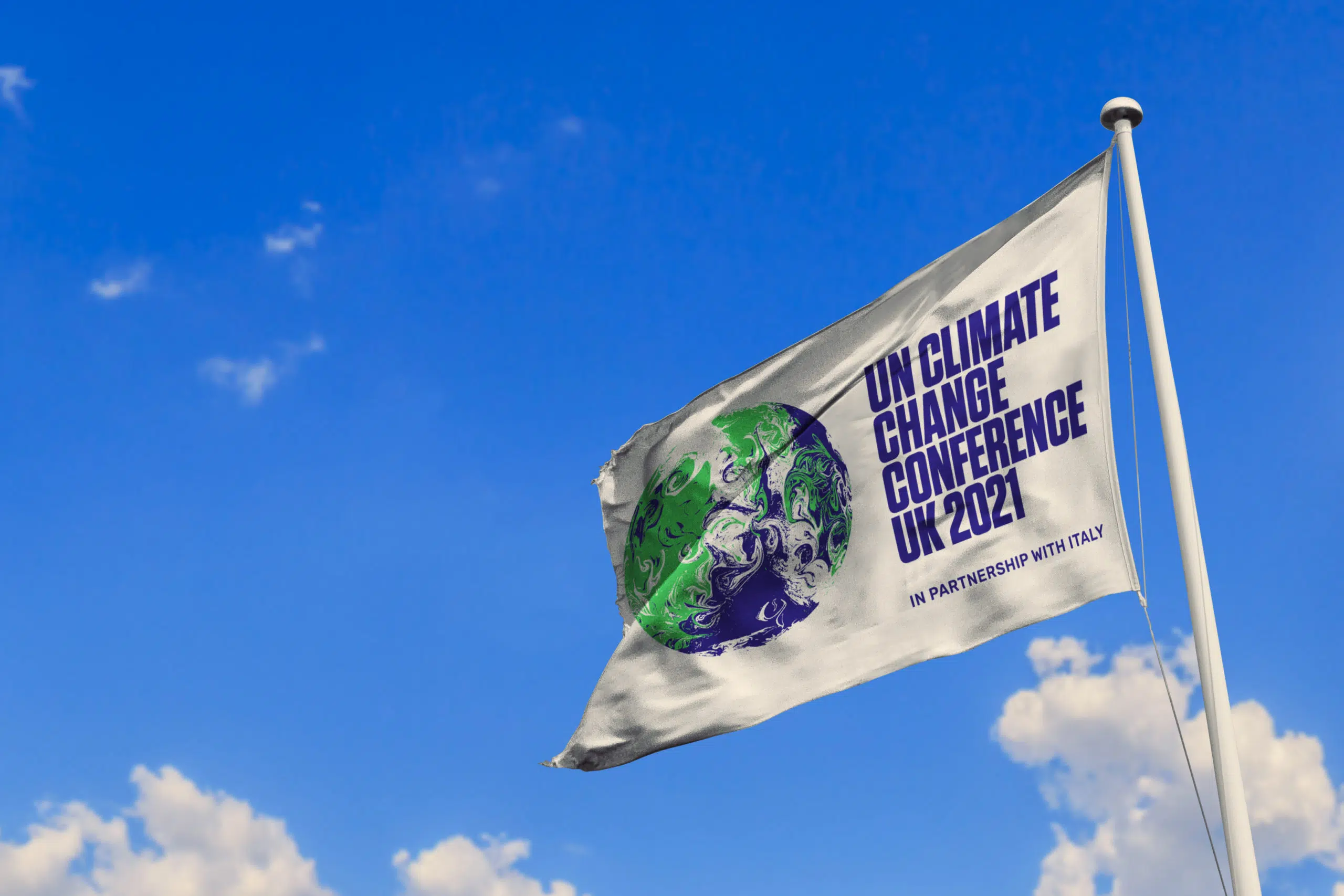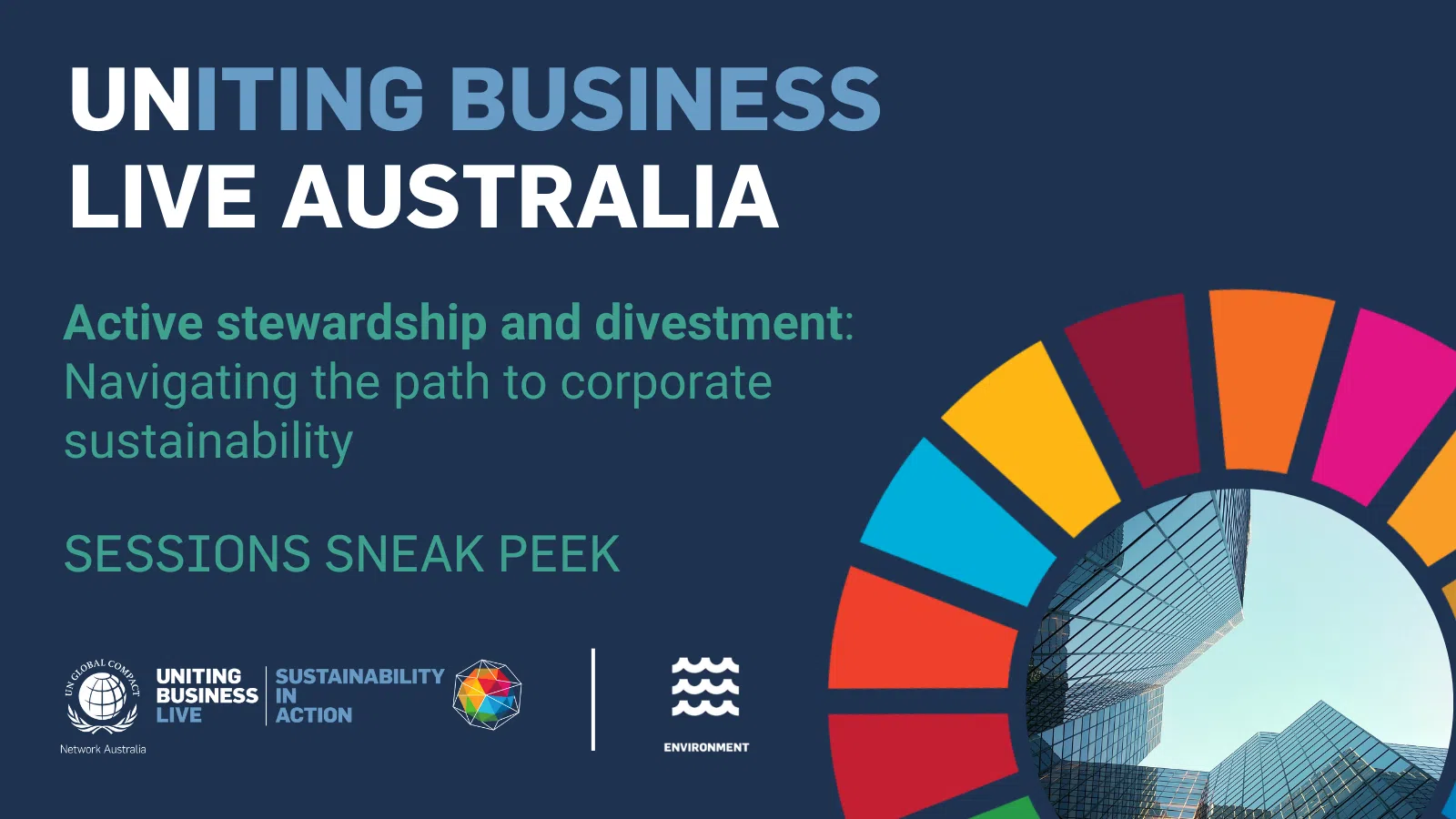
Blogs, Featured, Media, News, Sustainability Governance
BLOG | Bribery and Corruption: Cultivating a Culture of Integrity
Dr Nia Emmanouil | January 20, 2022
Australian companies are confronting the challenges of organisational culture.
Engulfed within the global environmental, social and governance (ESG) wave and still reeling from the fallout of the 2019 Financial Services Royal Commission, the 2021 Australian Dialogue on Bribery and Corruption provided insight into the importance of leading with integrity from the top, the anti-bribery culture shift, and systems thinking. As soft law norms crystalise and stakeholder demands escalate, ethical culture is no longer a ‘nice-to-have’. In fact, the imperative to get culture ‘right’ has never been greater.
Organisational culture: what is it?
Organisational culture is often viewed as a mechanism to enhance business performance. The famous quote by management consultant and writer Peter Drucker that ‘culture eats strategy for breakfast’, has permeated the minds of business leaders and fuelled widespread recognition that culture can catalyse corporate success, or failure.[1]
In anthropology, culture has been defined as ‘the fabric of meaning in terms of which human beings interpret their experience and guide their action’.[2] Scholars and business leaders alike have come to appreciate the prevailing assumptions, values, and attitudes of an organisation that inform the way in which its employees perceive, think and behave.[3] American anthropologist Dr Bruce Tharp identifies that ‘for some, culture is considered the “glue” that holds an organisation together and for others, the “compass” that provides directions’.[4]
Despite this understanding, many companies still struggle to practically address culture. Management scholars Herbert Nold and Lukas Michel suggest it may be because ‘executives shy away from intangibles that are difficult to measure and even more difficult to understand’.[5] Yet, given proliferating research on how to evaluate culture and evolving regulation mandating such action, ignorance is no longer an excuse.
Integrity from the top
In conversation at the 2021 Australian Dialogue on Bribery and Corruption (9-10 August 2021) (‘Dialogue’), the panel discussion on ‘Spotlight on culture: embedding ethical leadership and a holistic risk and compliance approach’ explored the expanding role and remit of company directors.
Panel members were:
- Steve Killelea AM, Founder and Chairperson, Institute for Economics and Peace
- Debbie Goodin BEC FCA MAICD, Chair, Atlas Arteria Limited. Director and Chair, Audit and Risk Committee, APA Group. Director and Chair, Audit and Risk Committee, Australian Pacific Airports Corporation.
- Facilitator: Dr Attracta Lagan, Co-Principal, Managing Values Pty Ltd
After endemic failings of culture and governance were laid bare in the 2019 Financial Services Royal Commission, heightened corporate scrutiny triggered a paradigm shift within boardrooms.
The latest ASX Corporate Governance Principles and Recommendations, which commenced in January 2020, require listed company directors to ‘instil and continually reinforce a culture of acting lawfully, ethically and responsibly’.[6] The panel observed that Australian companies are increasingly treating culture as a core business risk.
This sentiment was echoed by panellists in another Dialogue session titled ‘Practical insights into developing and implementing an integrated risk and compliance approach’, with panel members:
- Ben Rix, Head of Anti-Bribery and Corruption, National Australia Bank
- Rosemary Bissett, Head of Sustainability, Governance and Risk, National Australia Bank
- Meagan Pillinger, Corporate Governance and Compliance Manager, Fortescue Metals Group
- Cath Bozanich, Manager of Sustainability, Fortescue Metals Group
- Facilitator: Rachel Nicolson, Anti-Bribery and Corruption Workstream Chair, GCNA. Partner—Disputes and Investigations, Allens
This panel discussed the crucial role of culture in implementing statutory due diligence, enhancing compliance synergies, and risk mitigation. They agreed that culture must be ingrained so that suppliers, contractors and third parties acting on behalf of the company understand and embody a company’s ethical stance.
The anti-bribery culture shift
International movement towards sanctioning a body corporate’s ’failure to prevent’ foreign bribery has further cemented the prominence of culture on board agendas. When passed into law, the reforms proposed in the Crimes Legislation Amendment (Combatting Corporate Crimes) Bill 2019 (Cth) will place the ‘greatest responsibility’ upon Australian top-level management to actively foster an anti-bribery culture.[7] This means a corporation’s liability for failing to prevent acts of bribery by an associate could hinge on whether its leaders cultivated a ‘genuine culture of integrity’.[8] However, what constitutes good culture remains imprecise, as this basis for attributing liability is untested within Australian courts. While it will take time before we see any judicial clarity on this concept, it makes good business sense for leaders to prepare now by setting a high bar and taking active steps to foster a culture of integrity.
Nevertheless, it is evident that organisational culture is set from the top and built from within. As Commissioner Hayne observed in the Royal Commission into Misconduct in the Banking, Superannuation and Financial Services Industry, regulators play a vital role in the supervision of culture, but governance embeds ‘the shared norms and values that shape behaviour and mindsets.’[9] It is ‘what people do when no one is watching’.[10] Evaluating and embedding culture is a dynamic and multidimensional process and consequently, companies pursuing integrity must look beyond mere compliance.
Systems-thinking and ethical leadership
During the ‘Spotlight on culture’ panel discussion, the panellists considered how systems-thinking may assist companies seeking to improve their organisational culture. Systems-thinking is a holistic analytical approach which considers the interactions of a system’s components, and how those components operate and mature within the context of larger systems. It requires shifting from a linear to circular mindset and recognises that systemic behaviour stems from the balancing and reinforcement of key moving parts.[11] As renowned systems scientist Peter Senge expresses, systems-thinking is ‘a discipline for seeing wholes.’[12]
The basic philosophical assumptions of systems-thinking share aspects with Indigenous holistic and relational ontologies and epistemologies.[13] Aboriginal scholar Tyson Yunkaporta articulates an aspect of Indigenous Knowledge systems that he calls ‘pattern-mind’, about ‘seeing entire systems and trends and patterns within them and using these to make accurate predictions and find solutions to complex problems.’[14] From this contextual, adaptive learning process that has been cultivated and continually refined by Indigenous peoples over at least 50,000 years, much can be learned about organisational culture.
The ‘Spotlight on culture’ panel maintained that embedding an ethical culture cannot be viewed as a box-ticking exercise. Instead, leaders must look to shift intricate components within the broader corporate organism, over time. Practically, the panel identified corporate silos and the exclusive pursuit of bottom-line results as being key barriers to cultural transformation. They also advised leaders to pay attention to the realities of their team and external systemic forces. However, leaders that lose sight of the practical realities of managing a business in pursuit of idealistic goals may create a disconnect which inhibits positive cultural progress.
In applying systems-thinking to organisational ethics, bioethicist Ann Neale suggests ‘the character and integrity of the organisation is not simply the aggregate of the moral agency of the individuals it employs’.[15] Culture, she argues, comprises an accumulation of the ‘character and moral agency embodied in the organisation’s infrastructure… made up of the assumptions, beliefs and values that drive the organisation’. Neale also cautions an emphasis on an individual’s ethics can obscure the influence that organisations and their overarching culture can have upon that individual’s moral freedom.
The ‘Spotlight on culture’ panel also considered whether the character and background of executives should factor into a company’s cultural design, particularly given the growing spectrum of board accountabilities. Acknowledging that risk and compliance often boils down to human behaviour, they emphasised the power of social science in aiding governance decisions and promoting a mindset of continuous learning.
Final thoughts
Today, an organisation’s culture is one of its greatest intangible assets. In an era defined by global disruption, companies must holistically evaluate, shift, and then re-evaluate their culture to adapt to their external and internal environments. If culture really does ‘eat strategy for breakfast’, organisations should address their culture as a priority, not only to affect positive change in their business, but to survive.
To find out more, view the 2021 Australian Dialogue on Bribery and Corruption Summary Document and our library of anti-bribery and corruption publications.
Authors: Nia Emmanouil, Grace Gibson, Nick O’Sullivan. In particular, GCNA wishes to acknowledge the research and writing of Grace Gibson in preparing this blog.
[1] Herbert Nold and Lukas Michel, ‘Organizational Culture: A Systems Approach’ in 21st Century Approaches to Management and Accounting Research (2021) 2 <https://www.intechopen.com/online-first/76495>.
[2] Clifford Geertz, The Interpretation of Cultures (Basic books, 1973) 144-145.
[3] Edgar Schein, Organisational Culture and Leadership (Jossey-Bass, 2010) 18.
[4] Bruce Tharp, ‘Defining “Culture” and “Organizational Culture”: From Anthropology to the Office’ (2009) Interpretation: A Journal of Bible and Theology, 2.
[5] Nold and Michel (n 1) 2.
[6] ASX Corporate Governance Council, ASX Corporate Governance Principles and Recommendations (4th ed, 27 February 2019) 16.
[7] Attorney-General’s Department (Cth), Draft guidance on adequate procedures to prevent the commission of foreign bribery (Consultation Paper, November 2019) 22 [100].
[8] Ibid 22, [102].
[9] Royal Commission into Misconduct in the Banking, Superannuation and Financial Services Industry (Final Report, February 2019) 334, citing Australian Prudential Regulatory Authority, Prudential Inquiry into the Commonwealth Bank of Australia (Final Report, 2018) 81.
[10] Royal Commission into Misconduct in the Banking, Superannuation and Financial Services Industry (Final Report, February 2019) 334, citing G30, Banking Conduct and Culture: A Call for Sustained and Comprehensive Reform (Report, July 2015) 17.
[11] Jonathan Westover, ‘The role of systems thinking in organizational change and development’ (Online, 15 June 2020) Forbes <https://www.forbes.com/sites/forbescoachescouncil/2020/06/15/the-role-of-systems-thinking-in-organizational-change-and-development/?sh=21c2911b2c99>.
[12] Peter Senge, The Fifth Discipline: The Art and Practice of the Learning Organization (Random House, 2nd ed, 2006) 68-69.
[13] Tahir Ali et al, ‘Synergy of systems theory and symbolic interactionism: a passageway for non-Indigenous researchers that facilitates better understanding Indigenous worldviews and knowledges’ (2021) Journal of Social Research Methodology 1, 2.
[14] Tyson Yunkaporta, Sand Talk: How Indigenous Thinking Can Save the World (Text Publishing, 2019) 18.
[15] Ed Giganti, ‘Organizational Ethics is “Systems Thinking”’ (2004) 85(3) Health Progress 10, 10 <https://www.chausa.org/docs/default-source/health-progress/ministry-leadership—organizational-ethics-is-systems-thinking-pdf.pdf?sfvrsn=0>.



